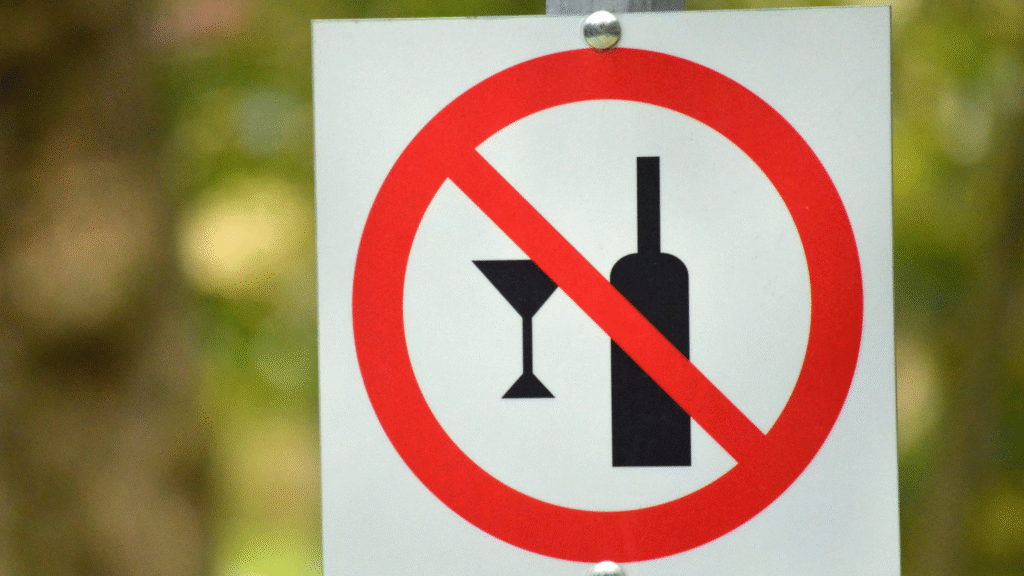Changes in the Polish Classification of Activities (PKD) – what do you need to know?
New regulations
As of January 1, 2025, new regulations regarding the Polish Classification of Activities (“PKD”) came into force. These changes were introduced pursuant to the Regulation of the Council of Ministers of December 18, 2024, on the Polish Classification of Activities (PKD, “PKD 2025”)[1] which repealed the previously applicable Regulation of the Council of Ministers of December 24, 2007, on the Polish Classification of Activities (PKD, “PKD 2007”).[2] The new regulations have fundamentally changed the existing scope of groups, classes and subclasses of the classification of activities, bringing with it new opportunities and obligations for entrepreneurs.
The scope of changes
The new PKD includes 72 new activity codes, including:
1) Many new types of intermediations have been introduced:
- “Activities of brokers and agents in the field of electricity and natural gas,”
- “Accommodation intermediation,”
- “Real estate agency,”
- “Intermediation in the field of conducting courses and tutoring.”
2) The existing “Information and Communication” section has been divided into two:
- “Publishing, broadcasting, and activity associated with content production and distribution,”
- “Telecommunications, computer programming, consultancy, computing infrastructure, and other information service activities.”
3) New classes have been created within the “Manufacturing” section:
- “Manufacture of wooden doors and windows,”
- “Manufacture of solid fuels from plant biomass.”
4) In the section “Electricity, gas, steam, hot water, and air conditioning manufacturing and supply,” new classes have been created:
- “Electricity Storage”,
- “Storage of gas fuels as part of network supply services”.
5) The group “Realization of building projects related to erection of buildings” and the class “Realization of building projects related to erection of buildings” have been removed.
6) New groups have been created in the “specialized construction activities” section:
- “Performing specialist construction works related to building construction,”
- “Specialist construction works related to civil and water engineering,”
- “Intermediation related to construction services.”.
The changes mentioned above are only examples. Each previous section has been modified to a greater or lesser extent. Therefore, in practice, the PKD used by the entrepreneur may need to be updated in each sector of activity.
Transition period
Introducing new regulations does not result in an immediate obligation to change your PKD. The legislator decided that PKD codes from before January 1, 2025, will continue to be used until December 31, 2026, i.e., for the next two years. An exception to this rule is a situation in which the entity has indicated code 93.29.Z as one of the PKD codes[3] (according to the old PKD 2007 designation: ” Other amusement and recreation activities”). This code will be used, but no longer than until December 31, 2025.
As far as procedural provisions are concerned, the previous provisions shall apply to applications for entry in CEIDG or in the Official Register of National Economy Entities submitted before the date of entry into force of PKD 2025. On the other hand, the provisions of PKD 2025 shall apply to proceedings for entry in the National Court Register (KRS) or for changing the entry initiated and not completed before the date of entry into force of PKD 2025.
Is the introduction of changes to pkd mandatory for entrepreneurs?
According to Article 30 of the Public Statistics Act of June 29, 1995,[4] (the “Act“), national economic entities (which generallymeans all entrepreneurs) are obliged to use the PKD classification. Incorrect determination of the PKD classification usually does not lead to far-reaching consequences. However, failure to comply with the imposed obligation may result in negative consequences in some situations.
It is necessary to consider Article 56 of the Act, according to which the provision of statistical data inconsistent with the factual state is subject to a fine, restriction of liberty, or imprisonment for up to 2 years. Furthermore, based on Article 57 of the Act, a fine may be imposed on an entity refusing to fulfill a statistical obligation or to provide information in a general census or other statistical survey.
The regulation introducing PKD 2025 also provides an automatic reclassification mechanism for the activities of entities whose entries have not been adapted to the new requirements by December 31, 2026. This means there is no need to apply for a change of entry during the transitional period. Special interpretation guidelines have been provided to ensure the greatest possible precision. However, at this moment, we do not know exactly what they will ultimately consist of or whether they will not be changed in the next two years.
Conclusion
Introducing new PKD regulations is a step towards making the legal status more realistic to the changing realities of economic life. The scope of the changes is broad, but it seems that a sufficiently long time has been provided for their adaptation. Additionally, failure to comply with the obligation over the next two years should not result in negative consequences due to the automatic process of PKD adaptation for each entity.
Nevertheless, changing one’s PKD may prove beneficial for the entrepreneur, depending on the situation, e.g., in terms of taxation or facilitating contact with public administration, the best example of which were the so-called COVID shields, under which public funds were allocated in accordance with the PKD declared by an entrepreneur[5]. Another argument in favor of a faster PKD change is that the automatic process of reclassifying the entrepreneur after the transitional period may be insufficiently accurate and result in an incorrect designation of the activity performed. It should be considered that the interpretation guidelines adopted by the ministry and the system that will be used for this purpose are not yet widely available. Moreover, appropriate classification of the activity conducted under the new regulations promotes certainty of business conduct and allows potential contractors to quickly learn about the main specialization of their activity.
[1] Journal of Laws item 1936.
[2] Journal of Laws No. 251, item 1885, as amended.
[3] Currently, these are two new subclasses, i.e., 93.29.A: “Activity of escape rooms, haunted houses, dancing sites and other forms of amusement or recreation organized in rooms or other places with an enclosed space” and 93.29.B: “Other amusement and recreational activities, not elsewhere classified.”
[4] Consolidated version: Journal of Laws of 2024, item 1799.
[5] See: e.g., Articles 15zs1 and 15zs2 of the Special Solutions Related to the Prevention, Counteracting, and Combating COVID-19, Other Infectious Diseases, and Crisis Situations Caused by Them Act of March 2, 2020 (Consolidated version: Journal of Laws of 2024, item 340, as amended).














